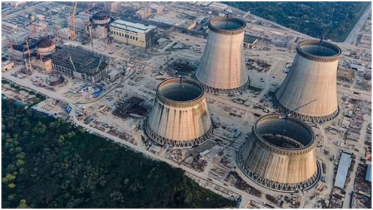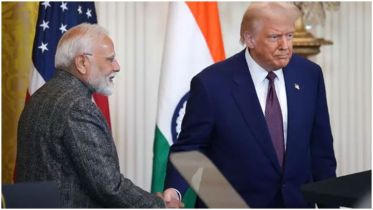Asian stocks edge higher ahead of US inflation data, tariff truce call

Asian stocks opened the week on a mixed note Monday, with most markets advancing as investors turned their attention to a pivotal stretch dominated by U.S. inflation data and developments in trade policy with China.
Markets are anticipating that former U.S. president Donald Trump will announce an extension of the trade truce struck with Beijing last month, ahead of Tuesday’s expiration of a 90-day deadline.
The focus is also on Tuesday’s U.S. consumer price index release, which could heavily influence the Federal Reserve’s next move on interest rates. The Fed has been facing mounting political pressure to cut borrowing costs, and recent data — especially on the labor market — has reinforced expectations of a slowdown in the world’s largest economy. Traders have been increasing bets on a rate cut at the Fed’s September meeting.
Another headline event this week is Friday’s planned summit between Trump and Russian President Vladimir Putin in Alaska, raising speculation about a potential Ukraine peace deal that could lead to an easing of sanctions on Moscow.
In early Asian trading, Hong Kong, Shanghai, Sydney, Seoul, Wellington, Taipei, and Jakarta posted gains, while Singapore and Manila dipped. Tokyo was closed for a public holiday.
Chris Weston of Pepperstone noted that markets are already pricing in a high likelihood of the U.S.-China tariff truce being extended by another 90 days, suggesting that unless talks collapse entirely, confirmation of an extension is unlikely to trigger major market moves.
Gold prices eased slightly after hitting record highs on Friday, following reports of an unexpected tariff on the metal.
Despite ongoing trade uncertainty, investor sentiment toward artificial intelligence remains strong. Reports indicate that U.S. chipmakers Nvidia and Advanced Micro Devices have agreed to pay Washington 15% of their revenue from AI chip sales to China. Nvidia, the global leader in semiconductors, last month became the first company ever to reach a $4 trillion market valuation, underscoring the sector’s rapid growth and its central role in global economic competition.
.png)




